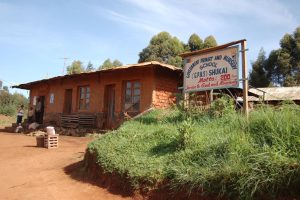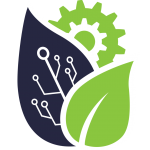Community-Level Renewable Electrification and Education
Sustainable Power Systems
In December 2015, participating nations to COP 21 acknowledged that without immediate action, the currently intensifying demand in energy, water, and food will lead to the predicted greater than 2º C average temperature increase in the 21st century and agreed to a mitigation strategy. However, the framework stops short of providing a template to accomplish the intended reduction in CO2 emissions, instead leaving it to the individual nations to formalize strategies subjected to international accountability. We recognize that access to efficient and renewable energy services is a prerequisite for sustainable development. Many nations who agreed to mitigation contributions in the Conference of the Parties lack widespread access to electricity, and have framed specific targets of transitioning toward 100% renewable energy by 2030.
In this project, S-lab has partnered with CITRIS and Engineers Without Borders to co-develop solutions alongside international communities to help address global grand challenges at the food/energy/water nexus. Our goal is to provide recommendations of appropriate technology, install select systems, monitor and assess impacts, and help develop capacity to ensure that these solutions are sustainable. Within each project, a mixed-disciplinary team of students and professionals will travel to the communities to assess the technical, environmental, economic, and societal viability of rural electrification projects, then work with the community over the next year to design and implement the requested system. These projects necessitate long term commitments to international communities to form the intimate connections needed for sustainable design.
Our current project in the village of San Clemente in Ecuador is focused on technology and skills exchange. The community of San Clemente are looking to build a community center that can serve as a demonstration project for the local region, bringing local youth together to learn the traditional methods of sustainable building, techniques that have been at the heart of their culture for many generations. By partnering with EWB-UCSC, we hope to learn alongside the community and help to make this building electrically independent by introducing renewable energy generation.
Project Archive: Unfortunately due to the ongoing unrest in the Anglophone region of Cameroon, this project is postponed.
Our current project in the Nso region of Cameroon is focused on developing sustainable power systems for electrification of individual homes, community buildings, and a solar-powered water pump. Our team’s current goals are to:

- Design and construct modular and portable solar home packages intended to be purchased, installed, and maintained by an individual home for lighting and charging small appliances.
- Design, build and implement a solar-based water pumping system in the village of Taakui as a demonstration project for the area. In the next phase, we will work with the village to provide pressurized water distribution.


